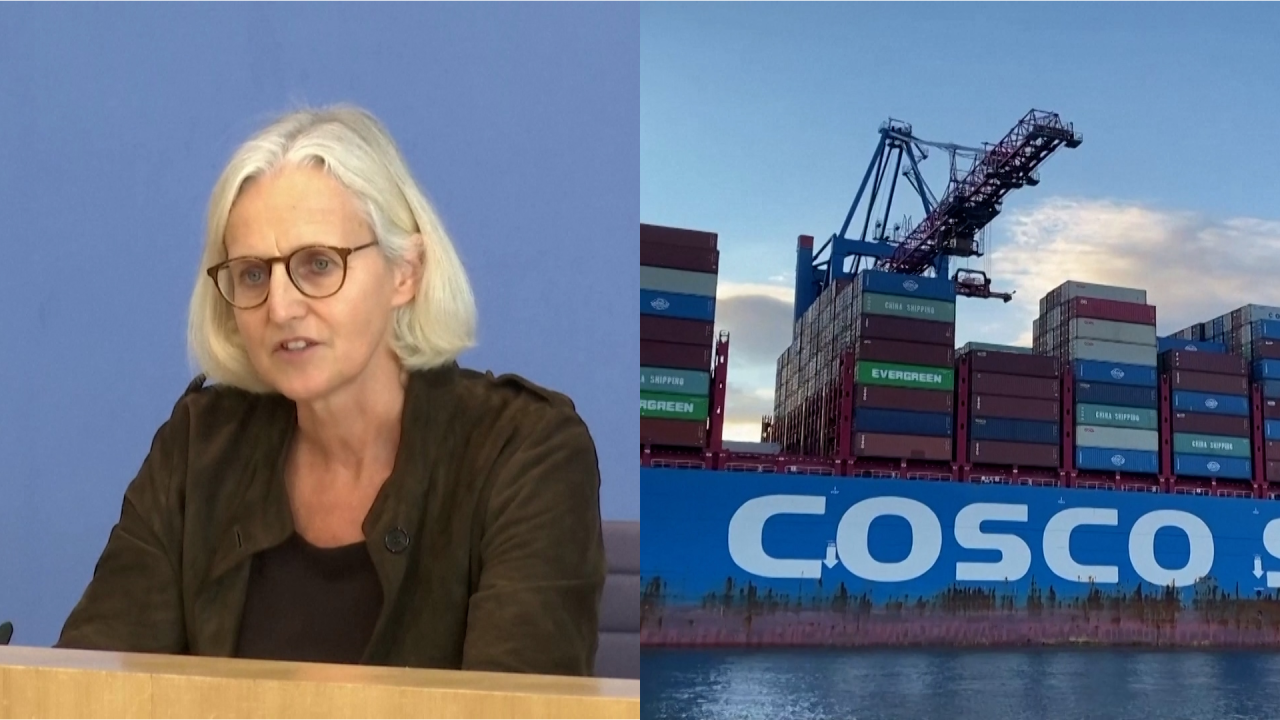China has pinned its hopes on digital technologies to modernise its waterway transport system, aiming to boost its competitiveness in shipping by improving efficiency and sustainability.
A plan unveiled by the Ministry of Transport on its website earlier this month targets implementation of smart technologies like 5G, big data and artificial intelligence across all major ports and waterways by 2027.
To make China’s ports more intelligent, the ministry said it would urge container terminals to further automate work flows by expanding use of technologies like autonomous vehicles, driverless container trucks and remote-controlled infrastructure.
Active, professional finance helps China claim shipping fleet title from Greece
Active, professional finance helps China claim shipping fleet title from Greece
The ministry said it would encourage the use of smart technologies in maintenance and shipping operations. For example, drones and unstaffed ships could patrol waterways, while a geographic information system and the Internet of Things could help digitalise docks and channels.
“Compared to roadways and railways, water transport has lower costs, less pollution, less traffic, and better safety,” said Dong Yang, an associate professor at the Hong Kong Polytechnic University, who specialises in shipping and logistics.
“That is why China has worked for years to develop it, and using artificial intelligence to improve decision making is one necessary step forward.”
Game changer or white elephant? China eyes Asean links with shipping canal
Game changer or white elephant? China eyes Asean links with shipping canal
China’s use of a vast web of waterways has helped grow its economy over the past few decades, leading to the emergence of powerful regions like the Yangtze River and Pearl River deltas.
According to the International Transport Forum, road freight transport can generate 100 times the carbon dioxide emissions as waterway transport, given the same cargo and distance travelled.
“The use of smart technologies is a trend in shipping industries now, as it can further increase the efficiency of waterway transport and make it more environmentally friendly,” said Yang, who has researched the evolution of port ecosystems.
China has focused more development on its waterways since the Ministry of Transport published its 14th Five-year Plan for Waterway Transport in 2019, which emphasised digitalisation and sustainability.
National fixed-asset investment (FAI) in waterway transport has grown by an average of 12.5 per cent annually over the past three years, according to the ministry.
China’s launch of biofuel shipping fuel is only the start of industry’s green push
China’s launch of biofuel shipping fuel is only the start of industry’s green push
In the first 10 months of this year, combined FAI in China’s road and waterway transport networks stood at 2.57 trillion yuan (US$361.4 billion), up 4.1 per cent year on year.
FAI in roads rose 2.9 per cent year on year, while that in waterways jumped 25.8 per cent, according to official data.
Additional reporting by Ray Jia



